A post shared by Nazeer Naseer Warsi (@warsibrothers)
The Sufi duo shared their excitement on being part of EQUALS. They shared, “We are very happy with the experimental approach of Equals. And they handpicked Sufi and bandish singers from across the country. It’s a very big thing. We became a part of this to convey the important message of unity and brotherhood. Just the way it used to be in our glorious country 30-40 years back, between Hindus, Muslims, Sikhs and Christians. Our Hindu sisters still tie Rakhis on our wrists during Raksha Bandhan. I take part in their festivities during Diwali and Dusshera and they do that as well during Eid. ”
Adding to that, Warsi Brothers were quite happy to team up with Ricky Kej for their segment, “Despite his status as a global music director, he has a positive outlook towards the traditional music of India and that made me really happy. We enjoyed it,” they expressed.
Warsi Brothers further commented on the treatment of the Qawwali genre in Bollywood. Sharing their thoughts, the Sufi duo exclaimed, “If someone is performing a Bhakti song, the poet should also be from the Bhakti branch. Like Khwaja Mere Khwaja and other Qawwali songs composed by AR Rahman can be rightly termed as Sufi. But apart from that, songs like ‘Parda Hai Parda’ don’t belong to us. The legacy of Qawwali is much older than what we’ve witnessed through the lens of Bollywood. From Ghulam Farid Sabri to Nusrat Fateh Ali Khan, they have been the major force behind propagating the art of Qawwali in the entire world.”
Recalling the musical journey of the Dilli Gharana, Warsi Brothers shared that while Hindustani Classical formed the major crux of their identity, it was due to the efforts of their grandfather that the Qawwali genre was able to flourish. They explained, “Before our grandfather, most people used to sing Hindustani Classical music and Qawwali was just limited to the dargahs. So my grandfather gave more impetus to the Qawwali style of singing over Hindustani Classical and that gave him fame. And we followed his footsteps. Training in Hindustani Classical is a must in our gharana. The Qawwali in those times used to be composed in the style of bandish.”
On being asked how they adapted to changing trends and landscapes of music, Warsi brothers stated, “We have adapted to a certain extent. We can sing Ghazals in the style of Qawwali. There are many ghazals written by Hazrat Amir Khusro, that he dedicated to his Peers. He wrote these ghazals in Sanskrit, Urdu, Farsi and Arabic. ”
The duo also recounted the most memorable live performance of their career, “When we got to perform at Ajmer Dargah, it was a different spectacle altogether. Our first performance there. We couldn’t hold back our tears and even the audience cried along with us,” the shared.
Warsi Brothers are also inspired by other Qawwali groups that have put this genre on the world map. They said, “Most of the qawwals of the present time have become commerical. The qawwals from the previous decades were phenomenal. But we admire people like Ghulam Farid Sabri, Nusrat Fateh Ali Khan, Jaffar Badayuni, Mohammad Ayaaz Khan Saab from Delhi, Nizami brothers etc. ”
The Sufi duo concluded by talking about the importance of music instrument in Qawwali performance, “Music instruments form the soul of Qawwali. Earlier, artists used to perform with a Daph(Daphli). Then Hazrat Amir Khusro carved out Tabla from a Pakhawaj. Dholak was added much later. And as far as the usage of ‘Taali’ is concerned, there was a Sufi saint who went into a trance while listening to a Qawwali and that’s how taali got introduced,” they explained.
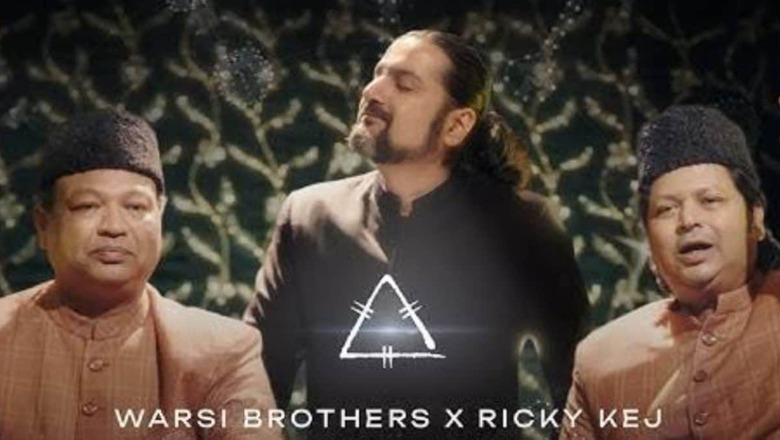













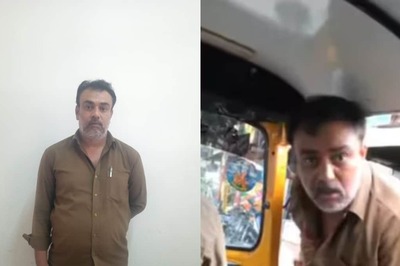
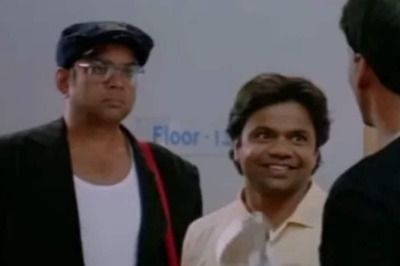
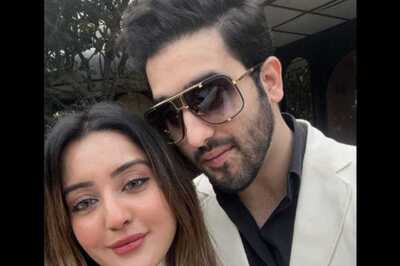
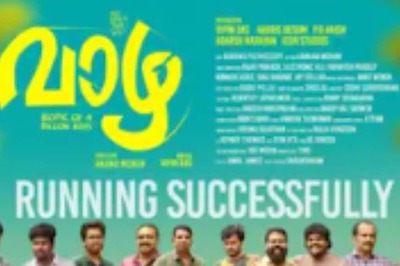
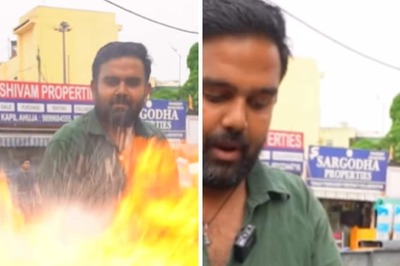
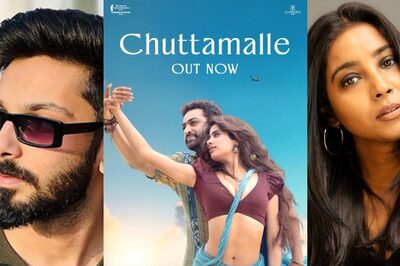
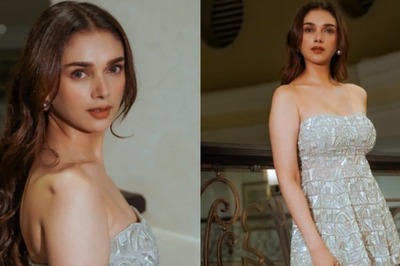
Comments
0 comment